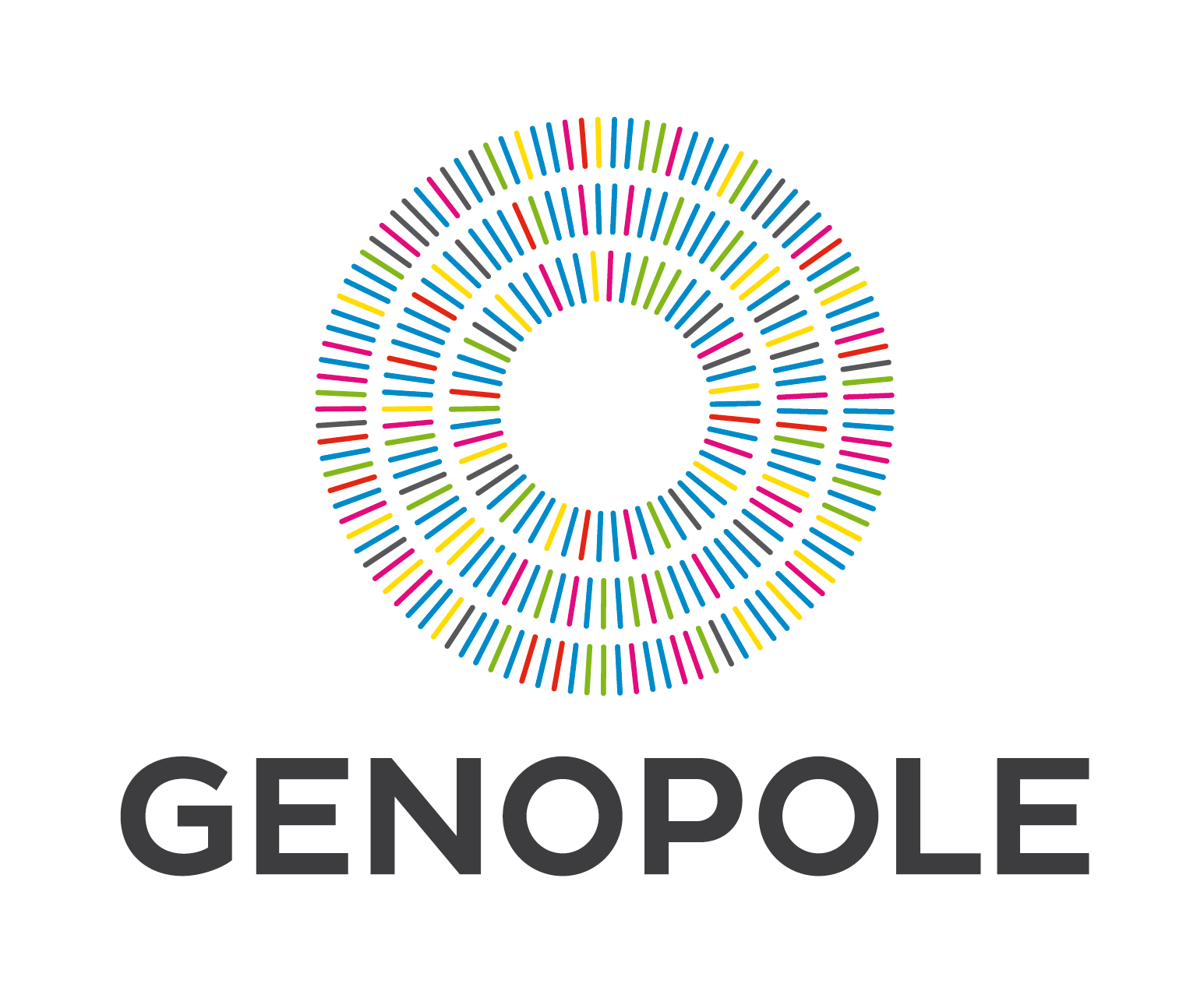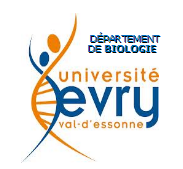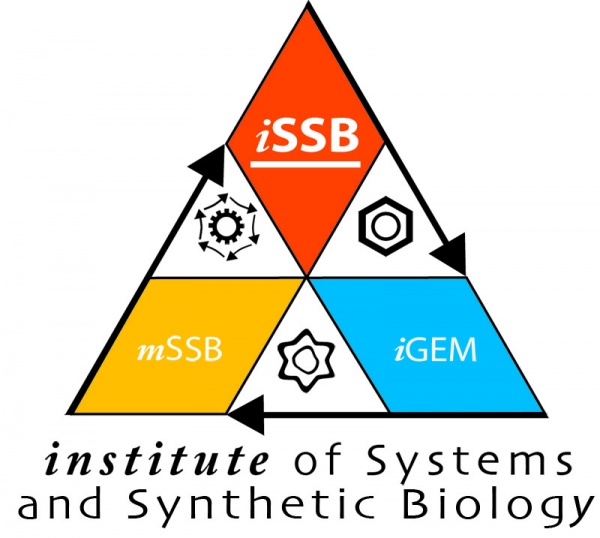Team:Evry/Philosophy
From 2013.igem.org
Philosophy
Ethics and technique in iGEM
This philosophical essay intends to think about iGEM as a human practice. Indeed it seemed important for the team to better understand its practice. Bioethics is not all about safety, it is also about knowing what we do. Thus, elaborating a team reflection on synthetic biology was an interesting experience of embedded philosophical research and dialogue. In order to enable the reader to feel our debates, we chose to show the team reactions towards philosophical points of view (that are not necessarily those of the writer).
Introduction. Synthetic Biology: Science or Technique?
It is obvious that iGEM is about synthetic biology but is it a scientific competition or a technical one? Many members of the team replied simply that iGEM is all about applied science. Though the pertinence of this definition, the difference between science and technique matters to philosophy, because philosophy does not consider science and technique in the same way throughout its history. iGEM requires philosophy to contribute to the reflection on human practice, thus in return philosophy must ask iGEM “what kind of human practice are you”?
Science seeks knowledge and is globally positive throughout philosophy. On the contrary the aim-oriented use of science by technique creates more suspicion for philosophers. To serve the good, technique should use adequate means to reach a determined human end, but technique is often accused of drifting towards becoming its own end. For example, what is the point of creating cars with a maximum speed superior to 250km.h-1 when the drive speed limit is below 130km.h-1? In this simple example, speed is technically researched for itself disregarding safety and human regulations. In its scale of values, philosophy usually places human ends on top, and thus technique presents the intrinsic danger of becoming its own end against human interest. At least,this is the classic philosophical critic of technique.
Then we understand why the characterisation of synthetic biology matters in philosophy. As synthetic biology is a practice that seeks knowledge through applications and vice versa, it is not a pure science. Thus, it seems interesting to address synthetic biology some of the philosophical critics that technique faces (I.). But we must also point out the development of a specific technical culture around synthetic biology, and particularly in the iGEM competition; this emerging culture may be to way to adress these critics (II.).
I. Do the Means Justify the End?
Ethics, technique and alienation
The question “Does the end justify the means?” is central throughout the history of philosophy. Asking: “why are we doing that?” and “is it good to do that?”, is the origin of moral philosophy, ethics and bioethics. The Nuremberg Code (1947), that states that science do not allow to do everything in its name, marks the true beginning of contemporary medical ethics. But now the trickiest part remains: we have to constantly evaluate what we are doing and if it is justified or not to achieve our goal. With modern technique, a new question has arised: do the means justify the end? With the exponential development of new technologies, in particular the biotechnologies, we start searching what we could do with these techniques. Innovations are no more related to needs.
 "
"













